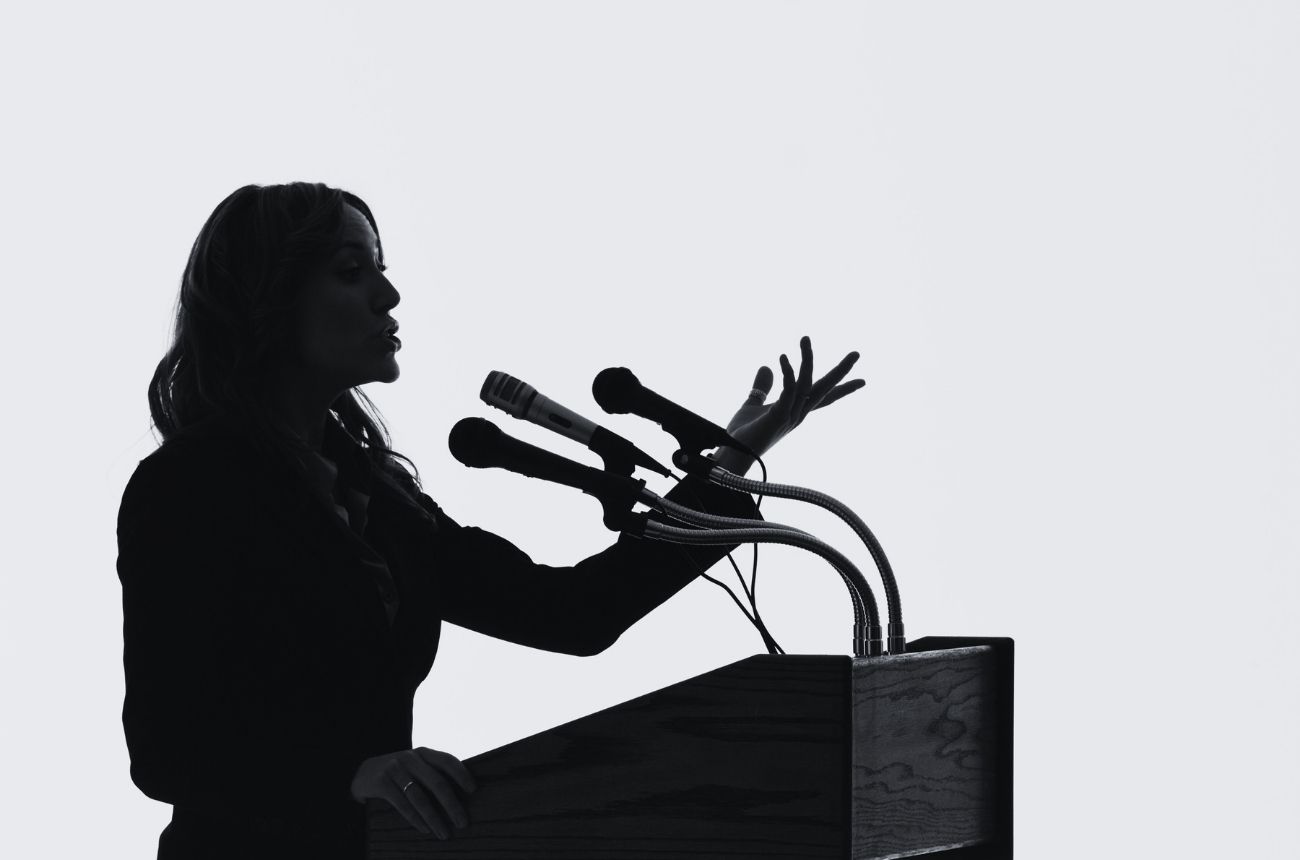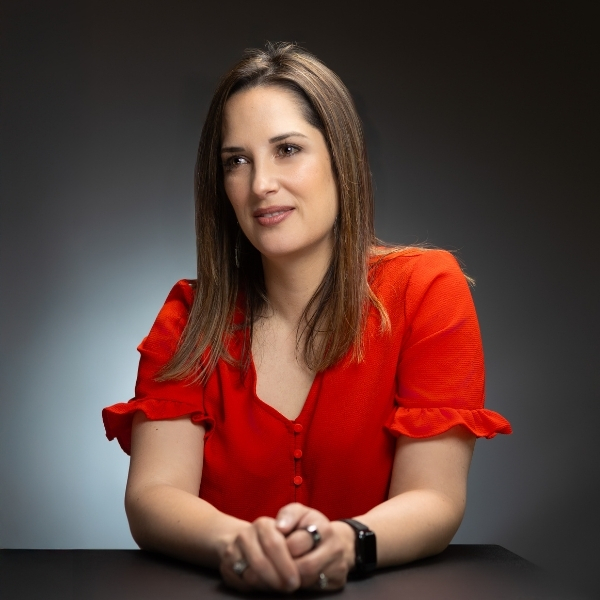
Reclaiming My Time
"Reclaiming my time."
I remember the first time I saw Congresswoman Maxine Waters saying this to then-Treasury Secretary Steven Mnuchin, who was doing everything possible to avoid answering her questions.
"Reclaiming my time."
She said this over and over. That, to me, was magnificent. A Black woman, standing up to a white man who was wasting her time, in a very public setting. It was powerful. I thought to myself, "Wow! I would love to have the guts to do that one day". But that would never be me… at least not without some serious debate training. I can rarely get confrontational with anyone who is not part of my immediate family.
What I didn't realize is that I don't need to be an elected member of Congress to say, "Reclaiming my time."
Recently, a situation unfolded that affected a group of us professionally and unfairly. It created a storm I didn’t ask for and couldn’t ignore. And before I knew it, I was mentally replaying it on a loop, even when I was supposed to be resting or creating. I've tried working out, I've tried journaling, I've tried going out with friends, and, to everyone’s surprise, I even had a few drinks! (I'm usually the one drinking water, and I'm the self-elected designated driver.)
And then it hit me. I have to "reclaim my time!" I can't let this person or this situation take all my mental space. I have no power to control what happened, but what I CAN do is control my reactions and what I will do moving forward. So I started setting boundaries around my thoughts.
When I catch myself ruminating, I invoke the energy of Congresswoman Maxine Waters and let her say loudly in my mind, "Reclaiming my time!" This thinking snaps me back into the here and now, pulling me away from mental loops that serve no purpose.
This breakthrough made me realize something important: I've actually been practicing this kind of quiet power for a while now, thanks to work I've been doing with my therapist. She's been teaching me how to set boundaries and not feel guilty about it, which has been an incredibly powerful set of tools. Without fully recognizing it, I've been on a journey to "reclaim my time" in small but meaningful ways.
For example, I've started saying "No" to social invitations I don't want to attend. My husband is more social than I am, and he can be around people the entire weekend and still get up on Monday, fully energized. I'm like a human Roomba: I need to go back to my station and recharge, or I'll just stop working entirely. When there's something I do want to attend, like a friend's birthday party, I've learned to plan around it, making sure I'm rested beforehand so I can actually be present and enjoy socializing.
I've also changed how I handle professional requests for my time. I used to say "yes" to anyone who needed my help and wanted to meet with me to "pick my brain." I would even ask them what time was most convenient for them to meet, and I'd set my schedule around their availability. The problem was that they would pick so much of my brain, and I would give all my energy to everyone else, leaving me with nothing at the end of the day. Now I still want to help others, but I block out specific windows for these conversations and limit them to a set timeframe. It's amazing how much more focused and helpful I can be when I'm not resentful about my time being hijacked.
These small acts of reclaiming feel quietly revolutionary. In a culture that celebrates busyness and self-sacrifice, every boundary I set is a gentle rebellion against the idea that my worth comes from how much I can give away.
Power doesn't have to be someone on a stage with a microphone in front of 10,000 people. Power doesn't have to be loud displays of control or leadership - it doesn't have to be about managing others at all. Power can be quiet. Power can be passive. Power is knowing yourself well enough to build systems that protect your energy. Power can be learning to set boundaries and saving the best of yourself for what you want and to share it with your loved ones. Power is internally saying "Reclaiming my time" to anything that unnecessarily takes you away from your best self. I’m still learning how to do it, but every time I do, I feel a little more powerful.
Sylvia Salazar is the founder of Tono Latino, a digital platform that makes politics easier to understand and helps increase Latino voter turnout. A computer engineer turned content creator, she uses video and storytelling to break down complex issues and show people how to take action. Her Substack newsletter, Latino Lens, offers political insight through a Latino perspective—sharing stories, context, and lived experiences that often go unseen or unheard in mainstream conversations. Sylvia’s work has empowered thousands to feel more informed, more confident, and more ready to get involved.
https://latinolens.tonolatino.com/
https://www.instagram.com/tono.latino/ https://www.tonolatino.com/

Lorem ipsum dolor sit amet, consectetur adipiscing elit. Suspendisse varius enim in eros elementum tristique. Duis cursus, mi quis viverra ornare, eros dolor interdum nulla, ut commodo diam libero vitae erat. Aenean faucibus nibh et justo cursus id rutrum lorem imperdiet. Nunc ut sem vitae risus tristique posuere.
Lorem ipsum dolor sit amet, consectetur adipiscing elit. Suspendisse varius enim in eros elementum tristique. Duis cursus, mi quis viverra ornare, eros dolor interdum nulla, ut commodo diam libero vitae erat. Aenean faucibus nibh et justo cursus id rutrum lorem imperdiet. Nunc ut sem vitae risus tristique posuere.